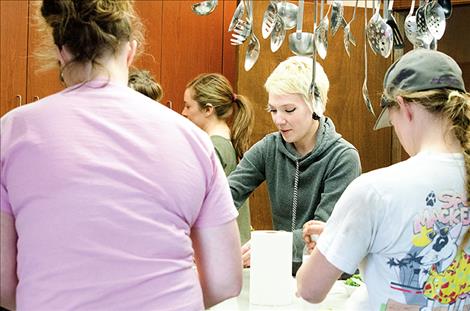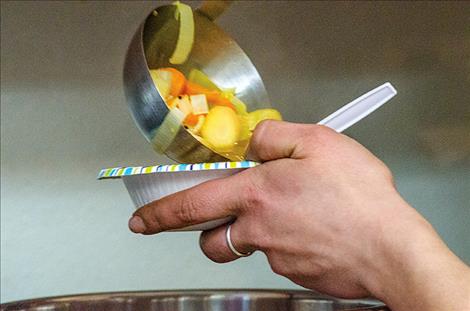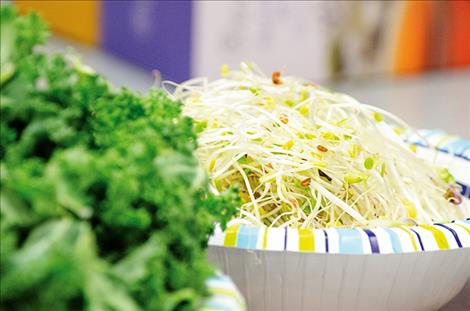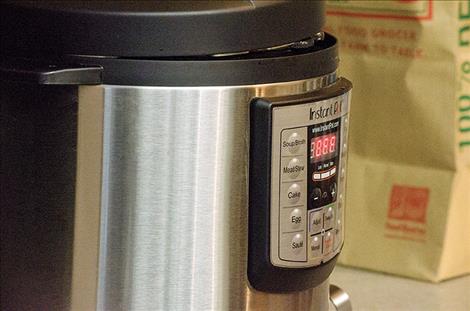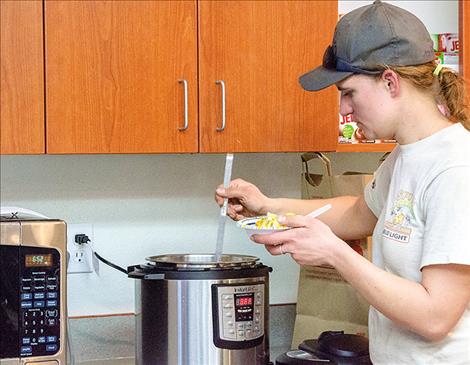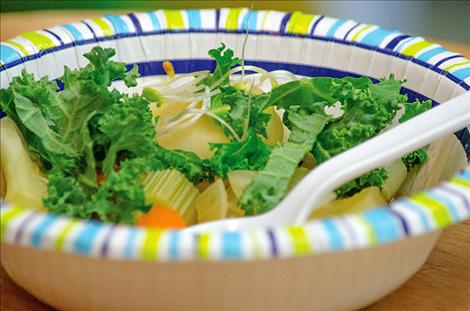- Home >
- News >
- Local News
Seeds of change begin with fresh food
Issue Date: 4/25/2018
Last Updated: 4/24/2018 6:01:31 PM |
By
Karen Greene
Keep Reading!
You’ve reached the limit of 3 free articles - but don’t let that stop you.















